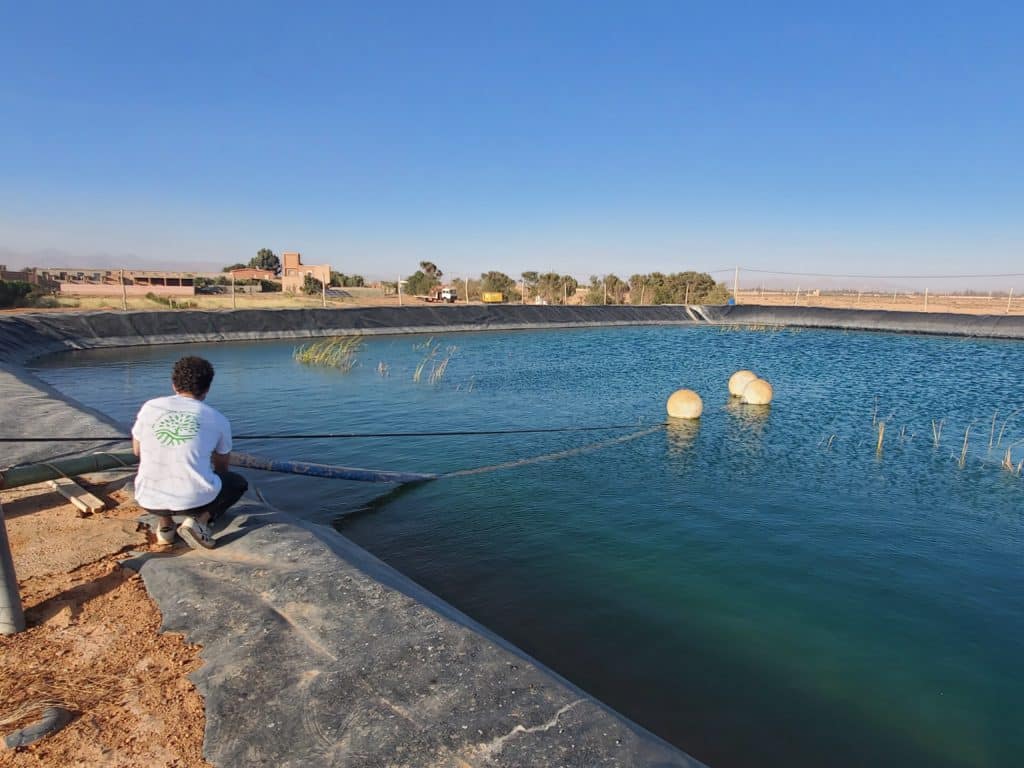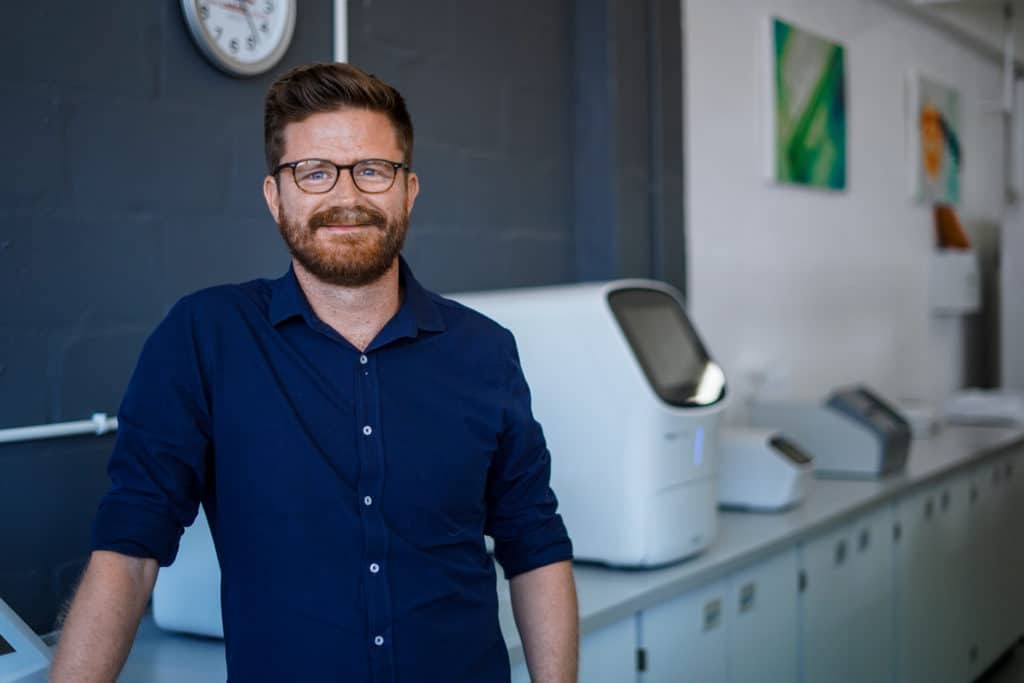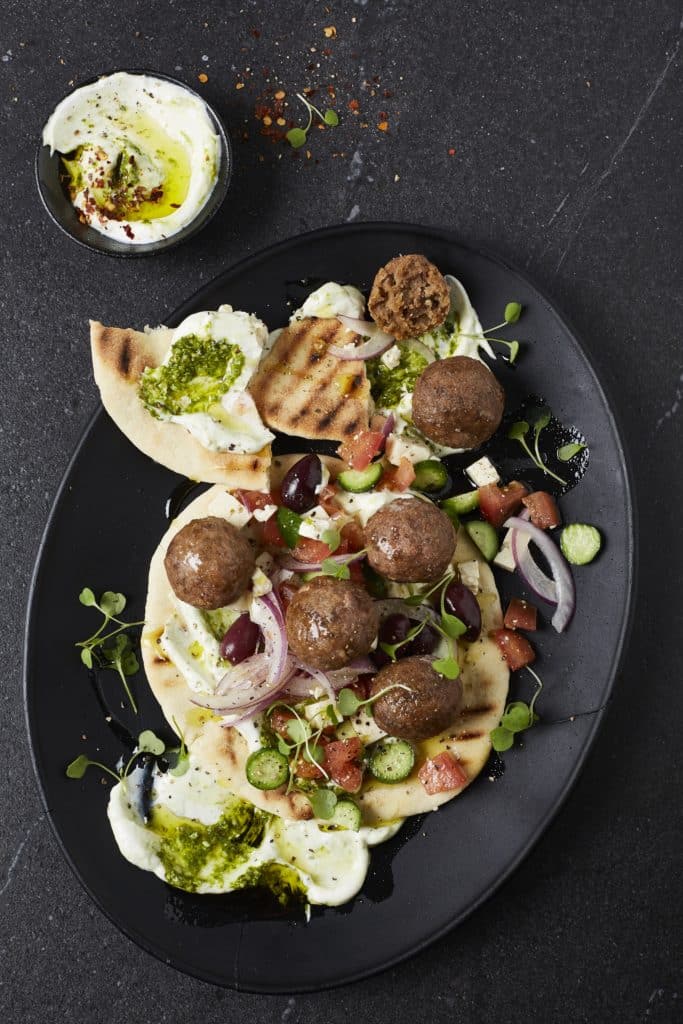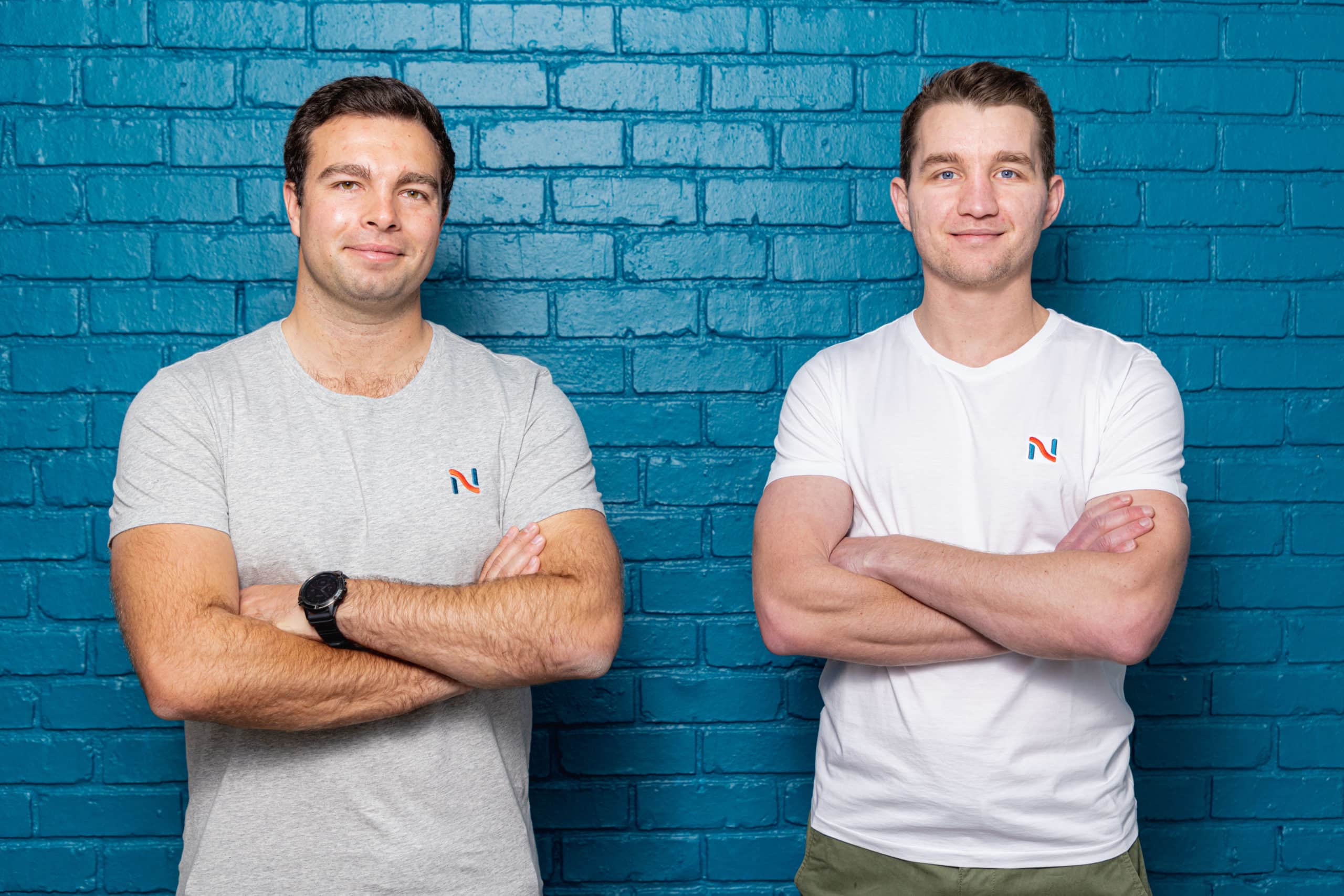Food is the future and these proactive startups are focused on shifting agricultural practices to prepare for what is to come.
Agriculture has always been a core component of Africa’s economic viability. And where it’s estimated that 140 million people in Africa face acute food insecurity, the continent’s ability to produce food efficiently is vital. As many individual countries wrestle with inadequate governments, there has been a spate of proactive startups focused on revolutionizing the food system across Africa.
From a continent- spanning online marketplace changing the way African farmers do business to a technology platform focused on producing cultivated meat alternatives and a company using technology to convert arid desertland into agricultural areas, these are the firms showing the way in foodtech in Africa.
‘Just like the Nile River was pivotal…’
Farming and selling produce can be inefficient and costly for farmers in Africa, despite being one of society’s oldest practices. Nile, a B2B marketplace, wants to change this. By connecting farmers directly with commercial produce buyers, Nile is reshaping produce trading while empowering farmers across southern Africa.
Founded in 2020 in South Africa by Louis de Kock, Eugene Roodt, and Rick Kleinhans, whose collective experience spans Amazon, JP Morgan and Luno, Nile came from the idea that tech can modernize agricultural trade.
“In 2020, farmers were still distributing their products in the same way my grandfather did in the 1950s, which was surprising given how much has changed since then, both tech and logistics,” De Kock reflects. Seeing these outdated distribution methods encouraged them to explore tech solutions, resulting in an online marketplace.
In a nutshell, Nile facilitates connections between farmers and buyers, minimizing costs and preserving perishable produce. Through Nile’s online marketplace, farmers list their produce for global buyers, securing instant orders and secure payouts, allowing farmers greater control over pricing. “By digitizing transactions, we can improve transparency, while reducing transaction fees,” he adds. The logistics network then ensures efficient routes to buyers, either via direct delivery or consolidated loads through Nile’s cross-dock hubs.
Further to this, their recently- launched inputs marketplace, coupled with financial support for farmers has revolutionized logistics, but perhaps most importantly, it’s helping farmers find the best market for their produce.
“We want to become central to a farmer’s everyday existence by providing a comprehensive suite of digital services to enhance transacting and trading, with the data and predictive analytics as the golden thread,” says De Kock.
Nile operates in 12 African countries, and now calls itself “the largest fruit and vegetable online marketplace on the continent”.
Operating in a region with high food insecurity means sustainability is vital here, and Nile’s tech facilitates it. “Food waste is dramatically reduced compared to traditional markets since all produce is pre-sold to buyers in 40+ towns and cities and thus does not degrade over time on a market floor,” says De Kock.
In addition to this, Nile’s logistics maintains multiple temperature zones for cold chain management while minimizing food miles.
“Just like the Nile River was pivotal to the development of agricultural production and trade across African countries, we believe our name is symbolic of our mission,” says De Kock.
As buyer demand continues to grow, so does the market for quality, affordable produce and Nile seems to be changing the game for African farmers.
‘A model that not only combats desertification…’
Further afield, Sand to Green focuses on agroforestry for arid regions. It converts barren land into fertile agricultural areas using pioneering agroforestry practices and advanced technology.
Founded by Wissal Ben Moussa, Gautier de Carcouët, and Benjamin Rombaut, the company wants to make desert areas agriculturally productive while contributing to CO2 capture and biodiversity enhancement, effectively overhauling these agricultural landscapes.

Formed in response to the challenges of food security and environmental sustainability in dry regions, particularly in Morocco and broader Africa, the founders saw the need for eco-friendly agricultural practices in these challenging environments.
Traditional farming methods exacerbate issues like soil degradation and water scarcity, affecting vast areas of agricultural land and, in turn, populations in Africa. Sand to Green’s model integrates agroforestry with solar-powered desalination, drawing inspiration from ancient oasis ecosystems, a 7,000-year-old agroforestry system.
“Our vision was to develop a model that not only combats desertification… but also enhances local food production,” says co- founder Rombaut. Morocco presented the ideal climate, showcasing the need to balance food security with environmental restoration. “Our approach addresses water scarcity by using sustainable desalination, tapping into the region’s abundant solar energy,” he adds. “This model not only meets the immediate need for more food production but also promotes environmental sustainability, offering a blueprint for similar arid regions globally,” adds Moussa.
Sustainability is at the core of this operation. The supply chain focuses on local resources and labor, supporting regional economies and reducing transport-related carbon emissions. In arid regions, their solar-powered desalination technology lowers water usage, while recycled brine from the desalination process is used to cultivate halophyte plants.
Their practices also reduce dependence on chemical fertilizers and pesticides, aligning community well- being with an environmental one. Driven by the belief in locally- adaptable solutions, Sand to Green hopes to influence global agricultural practices.
“We strive for a future where sustainable agriculture is central to solving global food and environmental challenges,” Rombaut says. They show how sustainable agriculture can thrive in challenging environments without compromising ecosystem integrity, an idea that will hopefully shift agricultural practices globally.
‘…replicate the conditions of an animal, just outside of the animal’
In Cape Town, Newform Foods wants to revolutionize the food industry through cultivated meat production. Promising a more ethical protein alternative using leading bioprocessing technology and proprietary methods, Newform allows food producers to manufacture animal- friendly products. “We are producing the ability to scale cultivated meat intended for other companies within the food and meat industry,” says Brett Thompson, who co-founded Newform along with Tasneem Karodia.

While alternative meat isn’t an entirely new concept, Newform is one of the first of its kind in Africa. “We want to create a technology platform that can be applied to any company around the world,” says Thompson. Essentially, Newform facilitates sustainable food production through tailored platforms and solutions. “We’re trying to perfectly replicate the conditions of an animal, just outside of the animal,” he explains. This is done using animal cells, and an intricate combination of media development and bioreactors to help the cells grow. Thompson adds that the entire process, from cell to harvest, takes only three to four weeks, a fraction compared to the standard 18 months in conventional farming.
Having successfully experimented with lamb, beef and pork, Newform will soon be exploring poultry and seafood, as part of creating an agnostic platform. “We want to specialize in the platform, not the species,” says Thompson. Ethics aside, Newform’s solution is undeniably more sustainable for various reasons. Reduced land, water and energy use, as well as minimizing food waste, means a much lower impact than in conventional farming practices.

“We can produce something that we can use every single part of,” he explains.
This technology could also affect farms and food transportation. “Imagine a future where you have large facilities close to cities that can produce a delicious protein and get it to retailers and consumers in a more localized fashion.”
What does this Newform future look like? “I’d like to see a world in which no animal is used within the supply chain of our food,” says Thompson. “We’ll be part of the way to replace all animals in the food system and make a healthier protein that’s cost-effective and delicious.”
While originating in South Africa, Newform plans to expand internationally, starting with the United Kingdom.
Encouragingly, Thompson has seen a shift in the industry, with more food companies willing to adopt technology towards sustainability. “The industry is looking to future-proof itself,” he says, and Newform is primed to lead the charge.
